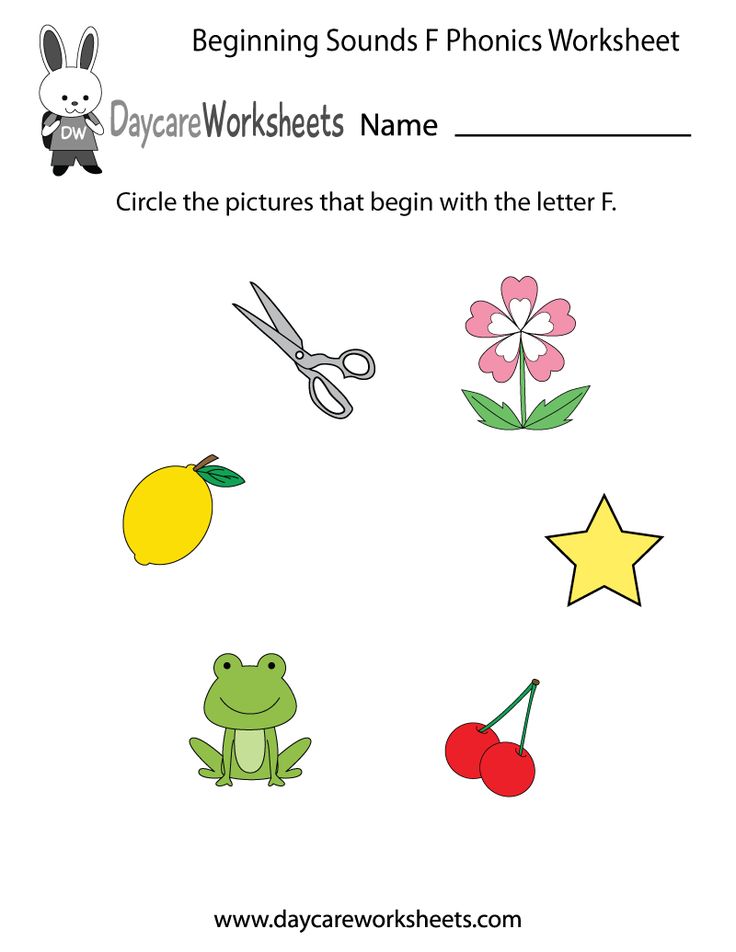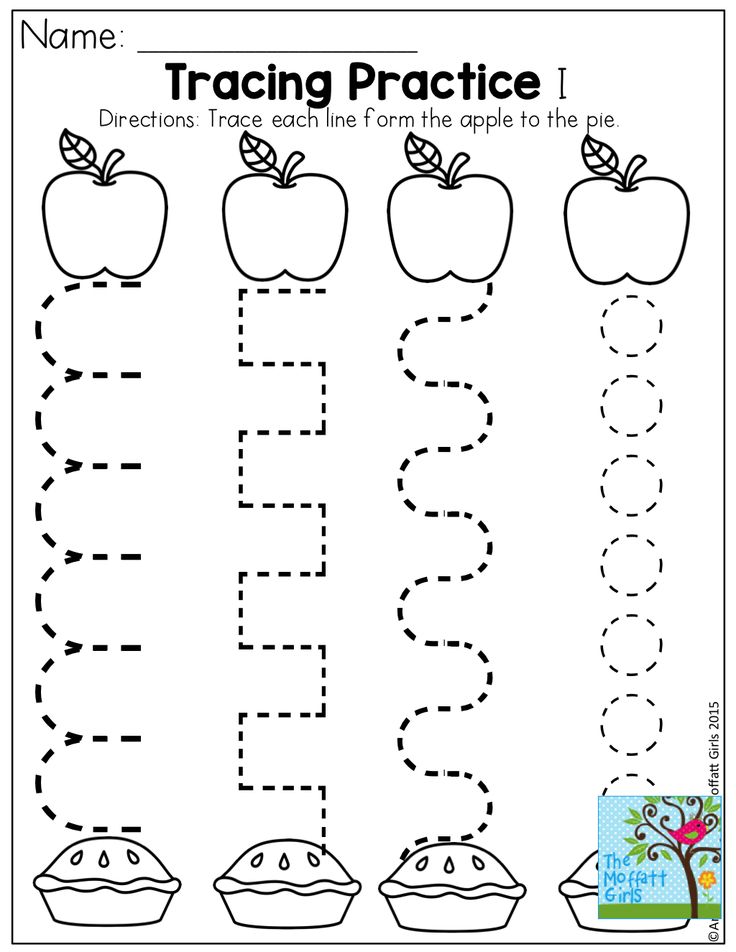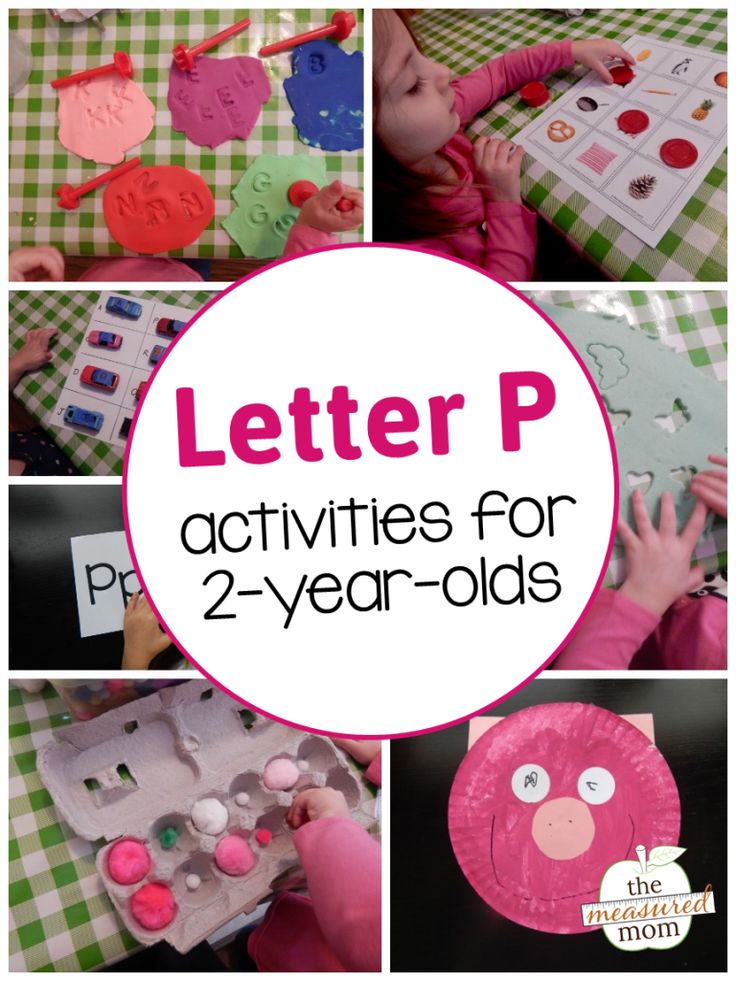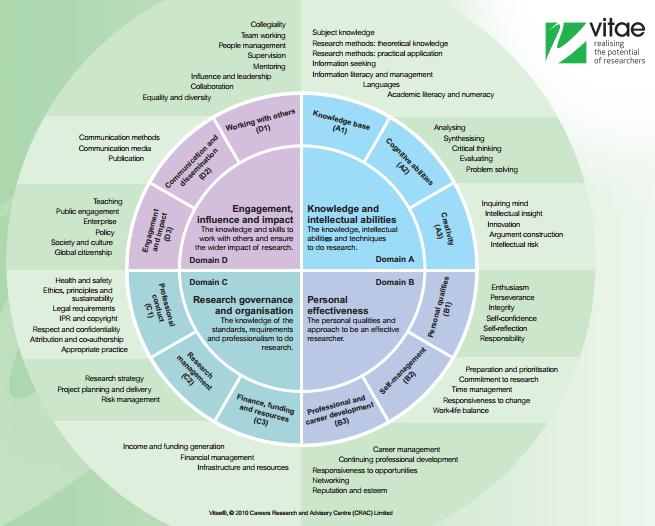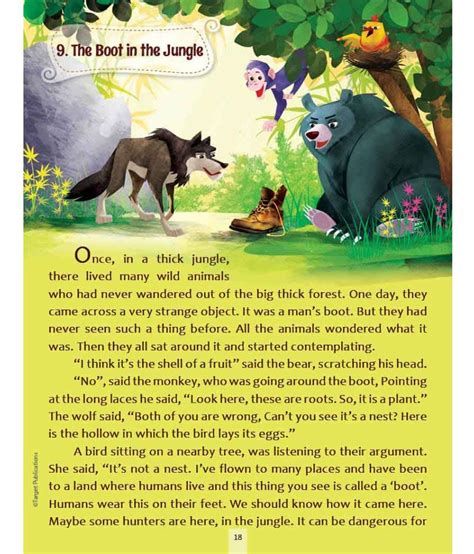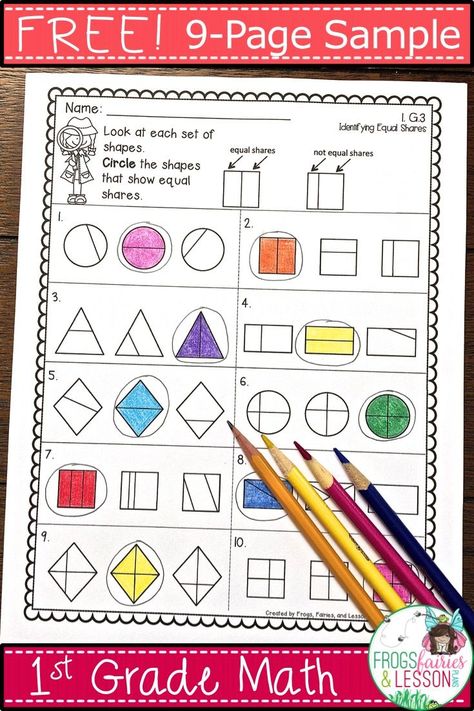Why listening to music
Keep Your Brain Young with Music
If you want to firm up your body, head to the gym. If you want to exercise your brain, listen to music.
There are few things that stimulate the brain the way music does. If you want to keep your brain engaged throughout the aging process, listening to or playing music is a great tool. It provides a total brain workout.
Research has shown that listening to music can reduce anxiety, blood pressure, and pain as well as improve sleep quality, mood, mental alertness, and memory.
The Brain-Music Connection
Experts are trying to understand how our brains can hear and play music. A stereo system puts out vibrations that travel through the air and somehow get inside the ear canal. These vibrations tickle the eardrum and are transmitted into an electrical signal that travels through the auditory nerve to the brain stem, where it is reassembled into something we perceive as music.
Johns Hopkins researchers have had dozens of jazz performers and rappers improvise music while lying down inside an fMRI (functional magnetic resonance imaging) machine to watch and see which areas of their brains light up.
Music is structural, mathematical and architectural. It’s based on relationships between one note and the next. You may not be aware of it, but your brain has to do a lot of computing to make sense of it.
Try It Learn an Instrument
When 13 older adults took piano lessons, their attention, memory and problem-solving abilities improved, along with their moods and quality of life. You don’t have to become a pro, just take a few lessons.
Everyday Brain Boosts from Music
The power of music isn’t limited to interesting research. Try these methods of bringing more music—and brain benefits—into your life.
Jump-start your creativity.
Listen to what your kids or grandkids listen to, experts suggest.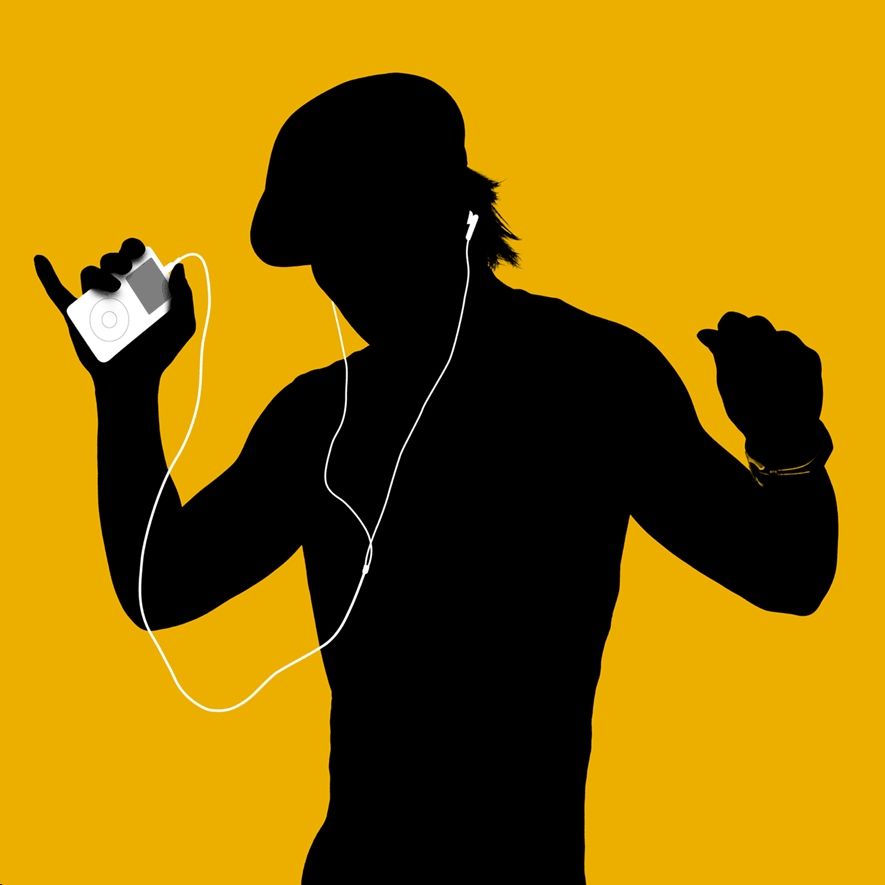 Often we continue to listen to the same songs and genre of music that we did during our teens and 20s, and we generally avoid hearing anything that’s not from that era.
Often we continue to listen to the same songs and genre of music that we did during our teens and 20s, and we generally avoid hearing anything that’s not from that era.
New music challenges the brain in a way that old music doesn’t. It might not feel pleasurable at first, but that unfamiliarity forces the brain to struggle to understand the new sound.
Recall a memory from long ago.Reach for familiar music, especially if it stems from the same time period that you are trying to recall. Listening to the Beatles might bring you back to the first moment you laid eyes on your spouse, for instance.
Listen to your body.
Pay attention to how you react to different forms of music, and pick the kind that works for you. What helps one person concentrate might be distracting to someone else, and what helps one person unwind might make another person jumpy.
Definitions
Magnetic resonance imaging (MRI): A large machine that uses powerful magnets and radio waves to see inside your body.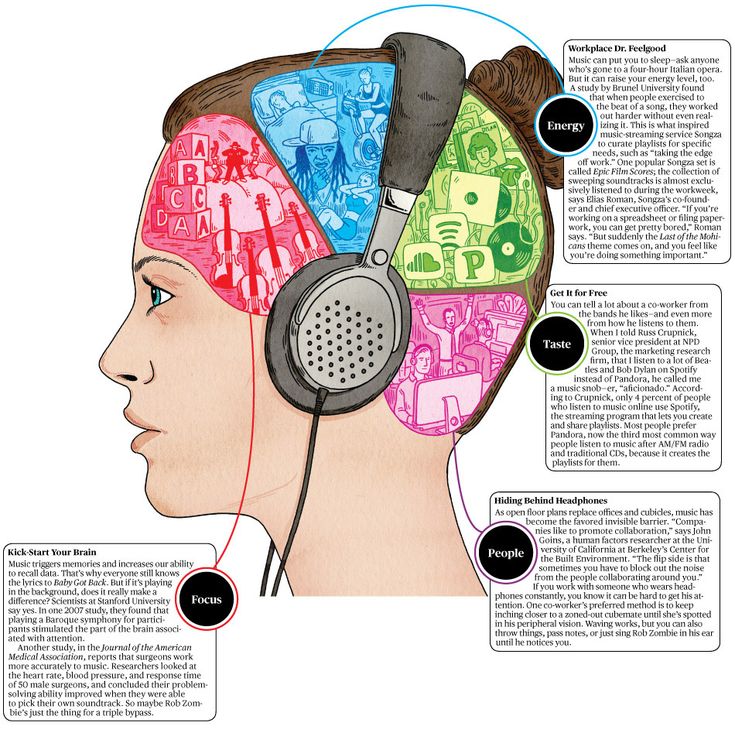 Unlike an X-ray, MRI testing does not use radiation. If you undergo this test, you’ll lie on a narrow table that slides inside a tunnel-shaped scanner for about 30 to 60 minutes while health-care professionals watch from another room. If you feel anxious in small, enclosed spaces, ask your physician about an open MRI that is not as close to the body.
Unlike an X-ray, MRI testing does not use radiation. If you undergo this test, you’ll lie on a narrow table that slides inside a tunnel-shaped scanner for about 30 to 60 minutes while health-care professionals watch from another room. If you feel anxious in small, enclosed spaces, ask your physician about an open MRI that is not as close to the body.
5 Reasons Why We Listen to Music
Music is one of the most enjoyable human experiences. Music is an ever-present companion to people’s everyday lives. Music can alter our mood, emotions, motivation, and movement. We listen to music and experience emotions in the absence of any events causing us to feel joy, sadness, or excitement. Over the past several decades, scholars have proposed several purposes that listening to music might fulfill (Schäfer, 2016). Music provides a positive mood, offers a valued companion, and allows us to express emotions.
1. Musical pleasure
The key reason people listen to music lies in the reward center of the brain.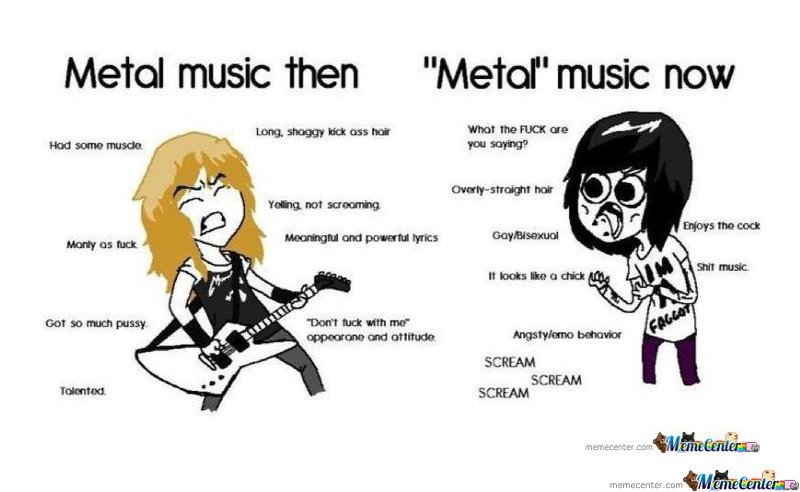 Listening to pleasurable music activates areas of the reward system. The same brain-chemical system that enables feelings of pleasure from sex, recreational drugs, and food is also critical to experiencing musical pleasure. Musical pleasure arises when a pattern is interrupted in some way. Listeners experience strong emotions when something unexpected happens. However, not everyone experiences intense emotional responses to music. Roughly 2 percent of the general population do not experience chills. This incapacity to derive pleasure specifically from music has been called musical anhedonia (sometimes called tone-deafness).
Listening to pleasurable music activates areas of the reward system. The same brain-chemical system that enables feelings of pleasure from sex, recreational drugs, and food is also critical to experiencing musical pleasure. Musical pleasure arises when a pattern is interrupted in some way. Listeners experience strong emotions when something unexpected happens. However, not everyone experiences intense emotional responses to music. Roughly 2 percent of the general population do not experience chills. This incapacity to derive pleasure specifically from music has been called musical anhedonia (sometimes called tone-deafness).
2. Mood regulation
Music provides a means of escape. Music distracts our minds from the outside world. The use of music as background entertainment serves to get us into a positive mood or to become more alert. Music can relax the body because brain waves are able to synchronize with the rhythm of a song. People’s moods can reflect what they choose to listen to. Fast or energetic music may make people feel alert and pumped, while slow music calms them down. For example, the music is fastest and loudest at lunchtime and then begins its slow descent into the early evening.
Fast or energetic music may make people feel alert and pumped, while slow music calms them down. For example, the music is fastest and loudest at lunchtime and then begins its slow descent into the early evening.
3. Nostalgia
Music is one of the strongest means for evoking feelings of nostalgia. Listening to music that was played a lot during a significant life event (e.g., a family celebration) many years ago can trigger a deeply nostalgic emotional experience. The feeling is not the music, but in what it reminds us. Maybe we have just come to hear a particular song as sad because we have learned to associate it with an experience of loss.
4. Aesthetic pleasure
Music listening is also explained by the aesthetic impact of music: enjoyment, being moved or inspiring. Subjectivity is central to aesthetic responses. A piece of music that is aesthetically appealing to one person can be repulsive to another. These differences come from personal experience and the attitude toward the music, and the current mood. The aesthetic experience also involves the context, such as the external physical environment surrounding the individual during a musical activity. For example, listening experience changes depending on whether it is consumed alone or with peers, in a concert hall, or at home.
The aesthetic experience also involves the context, such as the external physical environment surrounding the individual during a musical activity. For example, listening experience changes depending on whether it is consumed alone or with peers, in a concert hall, or at home.
5. Identity motive
People can use music to express their identity and values to others. Music helps us to show that we belong to a given social group. Music is part of who we are. For example, listening to innovative music can serve to communicate the belief that one is creative and unconventional.
Why do we listen to music? - Seasons
Lyalya Kandaurova is a music journalist, popular lecturer, regular contributor to Seasons magazine, author of two books and finalist of the Enlightener-2019 award. Now she has a new book out, How to Listen to Music, a guide for those who want to listen to music the way we read books: following the plot, learning new things, empathizing.
On Sunday, March 29, at 19:00, we will meet Lyalya live on our Instagram profile and give a promo code to buy a book, but for now, read an excerpt about why we need to listen to music at all.
It so happened that music, especially classical music, turned out to be among the subjects that decent, educated, intelligent people are interested in. Parents send their children to music schools for harmonious development, “instill” in them a love for the classics, sometimes not experiencing this love themselves. People give each other subscriptions to the Philharmonic, as if they were membership cards of a sports club: it is believed that going to a concert will help you relax, unwind, improve your health, and, in general, is a solid thing. Tickets to luxurious opera houses are not cheap, and therefore are perceived as an attribute of social status.
Often, because of all this, a person in the hall is bored. He came to listen to music without a specific purpose, or the purpose was to come.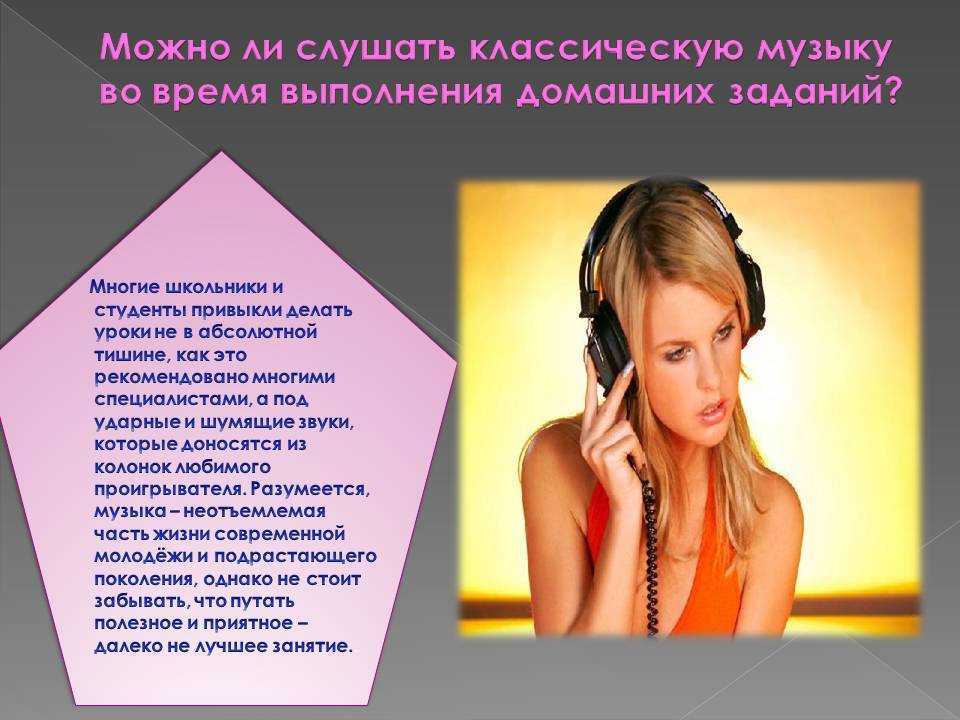 The music itself has turned into something accompanying - this is at best, and at worst - into torture. Terrible and unfair is the feeling of annoyance and drowsiness that people experience then. In this part of the book, we will remember why we go to a concert hall or put on headphones. All reasons: from the most sublime to the most worldly. After all, by doing something consciously, we increase our chances of real and important experiences. We feel that our actions make sense and make us happier.
The music itself has turned into something accompanying - this is at best, and at worst - into torture. Terrible and unfair is the feeling of annoyance and drowsiness that people experience then. In this part of the book, we will remember why we go to a concert hall or put on headphones. All reasons: from the most sublime to the most worldly. After all, by doing something consciously, we increase our chances of real and important experiences. We feel that our actions make sense and make us happier.
1. To have fun
As we said above, music is a very hedonistic thing. It has to do with enjoying life. It is important to understand here that pleasure is different. It can be the physical bliss that someone experiences from being immersed in quality sound on good equipment. It can be an intellectual-exploratory delight when confronted with something extraordinary and complex. We used to think that the “pleasure of music” is pleasant happy (or sad) melodies or the relaxed atmosphere of pseudo-classical radio stations. Indeed, all this can feel like something pleasant. However, this is also, for example, a feeling of delighted amazement from a virtuoso game. Or the sensation of shock at contact with strange, alien, and wild-sounding audio material. Or the notorious "template break" associated with something uncomfortable and powerful on the opera stage. Music can deliver all these types and forms of pleasure. The more ways she can reach out to a person, hook him, win him over, the less chance of boredom. Do not think that complex "mental" forms of pleasure are not available to the "simple listener." This is not so: what seems boring to you may be exciting for your companion, or will captivate you, a little more experienced, tomorrow.
Indeed, all this can feel like something pleasant. However, this is also, for example, a feeling of delighted amazement from a virtuoso game. Or the sensation of shock at contact with strange, alien, and wild-sounding audio material. Or the notorious "template break" associated with something uncomfortable and powerful on the opera stage. Music can deliver all these types and forms of pleasure. The more ways she can reach out to a person, hook him, win him over, the less chance of boredom. Do not think that complex "mental" forms of pleasure are not available to the "simple listener." This is not so: what seems boring to you may be exciting for your companion, or will captivate you, a little more experienced, tomorrow.
By the way: Hedonism is a system of beliefs that prioritizes enjoyment.
2. To discover something new
Recall the feeling of delight you experienced when you first read a writer or poet who later became your favorite author. Or when you go on a trip. Or when they got a new physical experience related to sports, play or even food. For the sake of this feeling, we watch movies, meet people, learn languages. Here, as with the extraction of gold - we do not know whether we will stumble upon a treasured vein, whether there will be a miracle meeting with something that will change us, but we do not get tired of looking for and hoping for this meeting.
Or when they got a new physical experience related to sports, play or even food. For the sake of this feeling, we watch movies, meet people, learn languages. Here, as with the extraction of gold - we do not know whether we will stumble upon a treasured vein, whether there will be a miracle meeting with something that will change us, but we do not get tired of looking for and hoping for this meeting.
Through new music we learn more about the world. It makes our intellect and memory work, fills the lived time with impressions and memories, and therefore slows down its hasty run a little. New music makes us reconsider our habits. It complicates and enriches our judgments, develops the ability to compare and generalize. There is a type of people who strive for all this consciously, experiencing pleasure and excitement at the thought that they are learning, and therefore (perhaps) becoming better. Sometimes the novelty itself brings joy to people - being in an environment of unusual sounds, concert practices and musical events.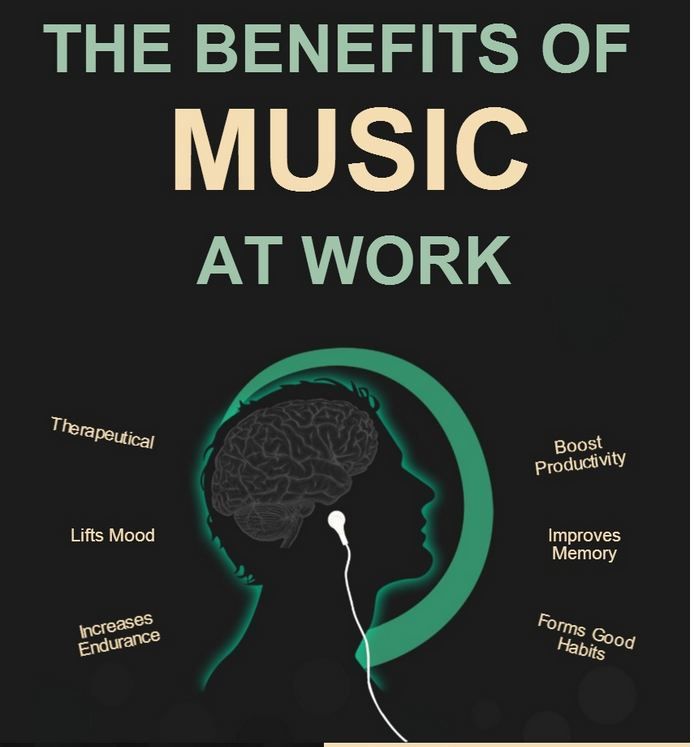
3. To better understand time and epoch
Music has the most amazing property of conserving an epoch. Her dreams, fears, tastes, ideas, anxieties can be stored in musical works, like in a safe deposit box. All this wealth goes to the one who enters the correct cipher: he listens with interest and attention. In general, this is one of the most alluring secrets of art: the closest thing to a time machine that mankind has so far invented. Remember how amazingly cinema copes with the reconstruction (or creation?) of an era - American horror films of the 80s or Soviet thaw films of the 60s. They give us a rich "direct connection" to the past - also thanks to the music that sounds in them.
The advantage of music is that you can "transport" really far back. Plunging into early music (this is especially true of genres where it is combined with the word: madrigals, operas, oratorios), we get the opportunity to think about amazing things. What did people three hundred years ago consider beautiful and ugly, proper and shameful, funny and scary - or even just short and long, fast and slow? Anatomically, they were the same as us, but what did they feel, how did they reason? This experience can become truly powerful if you listen not only carefully, but also knowing at least a little of the subject. There is an important performing trend that deals with the pedantic reconstruction of everything connected with the music of past centuries: musicians perform ancient compositions armed with a colossal amount of information about exactly how, in what circumstances, in what manner they were played in the era of creation. This trend is called authentic or historically informed performance. If you listen to ancient music played in this way, it can take you back to the past more effectively than contemplating paintings or visiting architectural monuments of past centuries. Music is fleeting and intangible, it is not an object or a structure that floats through time, but completely belongs to the moment. Therefore, the restoration of what people heard three hundred years ago is akin to a reconstruction of sensory experiences - the taste of food, the smell in the air, the touch of clothes.
There is an important performing trend that deals with the pedantic reconstruction of everything connected with the music of past centuries: musicians perform ancient compositions armed with a colossal amount of information about exactly how, in what circumstances, in what manner they were played in the era of creation. This trend is called authentic or historically informed performance. If you listen to ancient music played in this way, it can take you back to the past more effectively than contemplating paintings or visiting architectural monuments of past centuries. Music is fleeting and intangible, it is not an object or a structure that floats through time, but completely belongs to the moment. Therefore, the restoration of what people heard three hundred years ago is akin to a reconstruction of sensory experiences - the taste of food, the smell in the air, the touch of clothes.
4. To express yourself
Music is also a means of communication. This is not only the communication of the composer with the performer, with us, with the universe, not only the “letter in a bottle”, which he lowers from his time into the ocean of the coming centuries. Listening to music, immersing ourselves in it and becoming attached to it, we make it a part of our personality. With its help, we communicate something to others. We answer the question “who am I?” to ourselves and the world by choosing books to read, our appearance, friends, hobbies and lifestyle. You may know that non-classical music of various styles throughout the 20th century was the core around which the identity of young people was formed. Mods and hippies, punks and goths, emo and metalheads expressed themselves and their philosophies not only with the help of special clothes, hairstyles, makeup, language and behavior, but first of all with the music they listened to. "Classical" music is so diverse that it cannot become a unifying center of any one bright subculture. However, it works in much the same way: your playlist says a lot about your tastes, intelligence, erudition and interests. These days, music is mined through the internet and streaming at lightning speed, so this playlist can be as varied and eclectic as ever.
Listening to music, immersing ourselves in it and becoming attached to it, we make it a part of our personality. With its help, we communicate something to others. We answer the question “who am I?” to ourselves and the world by choosing books to read, our appearance, friends, hobbies and lifestyle. You may know that non-classical music of various styles throughout the 20th century was the core around which the identity of young people was formed. Mods and hippies, punks and goths, emo and metalheads expressed themselves and their philosophies not only with the help of special clothes, hairstyles, makeup, language and behavior, but first of all with the music they listened to. "Classical" music is so diverse that it cannot become a unifying center of any one bright subculture. However, it works in much the same way: your playlist says a lot about your tastes, intelligence, erudition and interests. These days, music is mined through the internet and streaming at lightning speed, so this playlist can be as varied and eclectic as ever.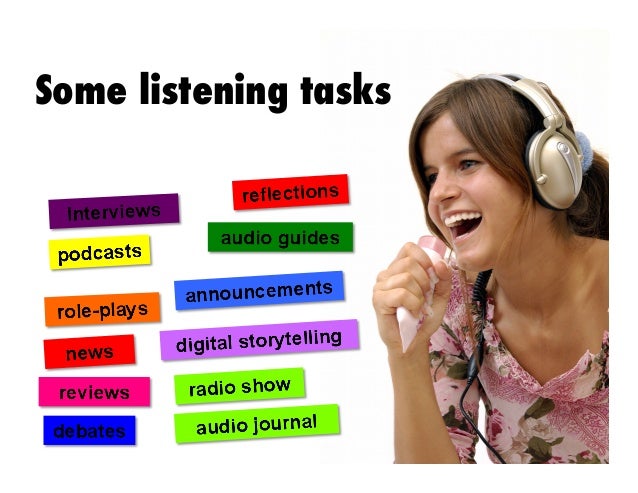 Hip-hop can coexist with baroque, and garage rock can coexist with modern classics. But, nevertheless, by consciously choosing this or that music, today we, like people many years before us, broadcast something important about ourselves to others.
Hip-hop can coexist with baroque, and garage rock can coexist with modern classics. But, nevertheless, by consciously choosing this or that music, today we, like people many years before us, broadcast something important about ourselves to others.
Why listen to new music
How old are you? How long have you been discovering new artists or new songs? If you are over 30, then you probably listen to your favorite music for a long time, not being interested in new releases, charts and music awards. And do not think that you are some kind of crazy dinosaur stuck in your youth, this phenomenon is observed in almost all people as they grow up. Want details? Get
Adults have nostalgia. Look at yourself or at the adult generation around you who do not own youth slang, condemn the taste preferences of young people, not understanding what they watch, listen to and wear. They constantly look back at the past, remembering "but in our time ...", yearn for the times of their youth at school or university, for that carelessness, feeling the burden of responsibility and the wisdom that came over the years. And the name of it all is nostalgia. It is nostalgia that is the main reason for listening to the music that you fell in love with in adolescence and youth.
And the name of it all is nostalgia. It is nostalgia that is the main reason for listening to the music that you fell in love with in adolescence and youth.
Wisdom, experience and confidence are what we gain over the years, but what we lose is the ability to find new things and get carried away with them. It's not just about music, but let's focus on it today.
Why is it not the same now as it was then?
Adolescents are often faced with misunderstanding, with self-doubt, with the need for self-expression. Music is the best way to express your individuality, to suppress the fear of the future, to declare yourself as a person with your own tastes. Music in adolescence helps to gain confidence, find something new and, perhaps, unusual, not what everyone around listens to, find friends around your hobby or like-minded people. In music, teenagers can hear the problems that are worrying them now expressed aloud. It can be love, bullying, personal boundaries, problems with parents and school - these issues are especially popular in today's youth musical culture. So songs allow you to raise these problems, to express them in a way where you can’t just speak with words. The music that a teenager listens to can tell a lot about his psycho-emotional state, social status and needs. Although sometimes your favorite music is just a tribute to fashion that everyone listens to, then I will listen too. However, this is more of an exception than the rule. This is partly the reason why there are so many youth-related themes in popular music, whether it be teenage love or boundaries that need to be overcome to be noticed and taken seriously. Also, at the age of 12-22, serious changes occur in the human brain, which increase the susceptibility to the music being listened to.
So songs allow you to raise these problems, to express them in a way where you can’t just speak with words. The music that a teenager listens to can tell a lot about his psycho-emotional state, social status and needs. Although sometimes your favorite music is just a tribute to fashion that everyone listens to, then I will listen too. However, this is more of an exception than the rule. This is partly the reason why there are so many youth-related themes in popular music, whether it be teenage love or boundaries that need to be overcome to be noticed and taken seriously. Also, at the age of 12-22, serious changes occur in the human brain, which increase the susceptibility to the music being listened to.
What about in adulthood? Why not now look for new performers who will respond in the soul with their lyrics and music? The answer is often the same - never. People are too busy with work, family, problem solving to listen to terabytes of new music and find two or three songs they like.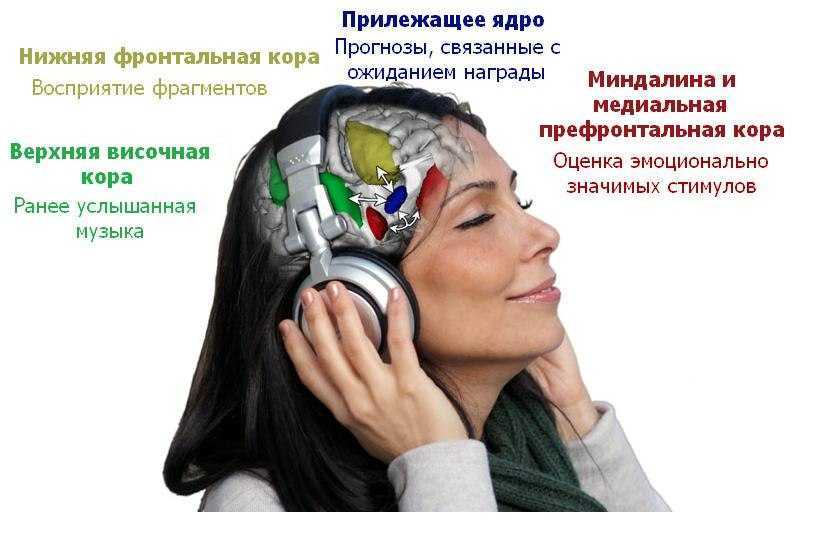 Yes, and the music is no longer so exciting. Yes, you like it, you can listen, it doesn’t interfere with doing something else, but in such a way as to plunge headlong, study all the work of an individual artist, put a song on repeat - this is in the past. Hormones no longer play like that, and the brain is busy with other things. In addition, there are new ways and opportunities to express yourself, in addition to music.
Yes, and the music is no longer so exciting. Yes, you like it, you can listen, it doesn’t interfere with doing something else, but in such a way as to plunge headlong, study all the work of an individual artist, put a song on repeat - this is in the past. Hormones no longer play like that, and the brain is busy with other things. In addition, there are new ways and opportunities to express yourself, in addition to music.
What do anatomy and psychology say?
When you listen to the music you like, your body releases dopamine, serotonin, oxytocin, and other happiness hormones. That is, the level of sympathy for the song determines the amount of these same hormones. And, most likely, such a song will remain with you for a long time, and maybe forever. Pretty simple and affordable way to find happiness, isn't it?
But this happens only in youth. Yes, even in adulthood you can hear a song that you really like and become your favorite, but there will be no such violent reaction of the body.
Another reason for listening to the same songs is the so-called "waiting phase". While listening to your favorite music, goosebumps often run. Sometimes this is due to the release of happiness hormones, and sometimes it is due to the fact that you know for sure that now some climax will come in the song, or your favorite part of the composition, you expect this, and the brain helps you with this release of dopamine. If you have noticed this behind you, then it is false to know that any song still “gets boring” over time, the goosebumps stop running, you no longer experience euphoria. But returning to this music in a few years, there is a chance to get a dose of dopamine again, especially if you first experienced euphoria when listening to this song at the age of 12-22.
Dry statistics
In order not to be unfounded, let's confirm the above with figures.
The streaming service "DEEZER" conducted a study that showed that the age at which people usually stop listening to new music is 30.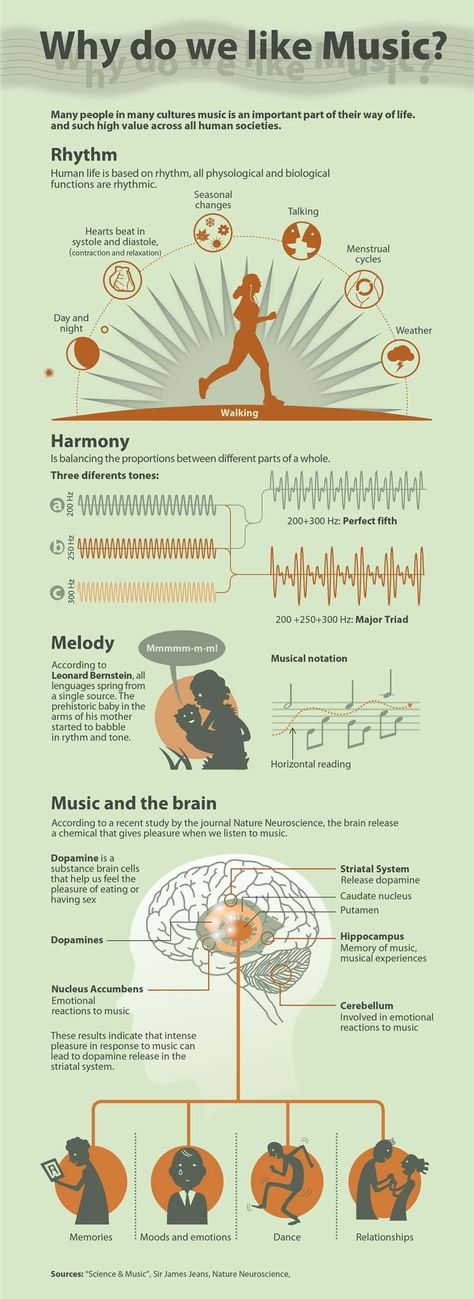 5 years old. Too early, right? 60% of respondents (and there were about a thousand of them) admitted that they listen to the same music all the time without updating their playlist.
5 years old. Too early, right? 60% of respondents (and there were about a thousand of them) admitted that they listen to the same music all the time without updating their playlist.
The peak of the search for something new in music falls on 24 years. According to the study, at this age, 75% of respondents discover at least 10 songs per week, and 64% discover about five new artists every month.
The most popular reasons for not looking for new music are: too much choice of music - 19% of respondents; too busy with work - 16%; children take all their free time - 11%.
Another study was conducted on the SKYNET & EBERT blog, which was based on information from the Spotify service. The main results are as follows: popular music is the lot of teenagers; after 30 years of age, interest in new and popular music begins to decline, and by the age of 33 it almost disappears for most listeners.
The scientific journal MEMORY & COGNITION published the results of a study that suggests that music often evokes memories of the past, and specifically of the youthful period of our lives. Therefore, the purpose of listening is nostalgia, there is no time for new charts, you see.
What's more, the NEW YORK TIMES published an article based on analysis of data from Spotify, which claims that a song will be the most popular among your age group for a decade if you were a teenager at the time of its release.
Do you have to force yourself?
Is it necessary to listen to the new, if there is an old and beloved one? If you are not a professional musician, then listen to what you want. But people who are professionally involved in music need to constantly be on the lookout and what is called “in the subject” in order to stay in good shape. Because if you, for example, write music or are engaged in arranging, producing, organizing concerts, etc., then, listening to the same music, you severely limit your creativity, your “look is blurred”, you fly out of the cage . In this case, it will be difficult for you to become successful and popular. Even if you do not share newfangled trends, you should be aware of them. For example, you can spit on modern pop music, but you need to know who and what performs. Well, any new knowledge and experience lead to the development of your horizons, emotional intelligence, the emergence of new neural connections, expanding the circle of communication - in short, some pluses.
Even if you do not share newfangled trends, you should be aware of them. For example, you can spit on modern pop music, but you need to know who and what performs. Well, any new knowledge and experience lead to the development of your horizons, emotional intelligence, the emergence of new neural connections, expanding the circle of communication - in short, some pluses.
How to search for new music?
Finding music is also not easy for some adult musicians, then you should treat it as your professional duties. Make it a habit to listen to at least one new song every day, because the Internet provides such endless possibilities. Don't cut yourself off from the world, don't languish in your good old swamp.
To discover new music, you have to strain a little. First, sometimes tell yourself “stop” when you are about to turn on your favorite album or collection again. Secondly, teen-oriented music is on the move right now, so it will take patience and effort to work your way through it to something interesting and worthwhile.

